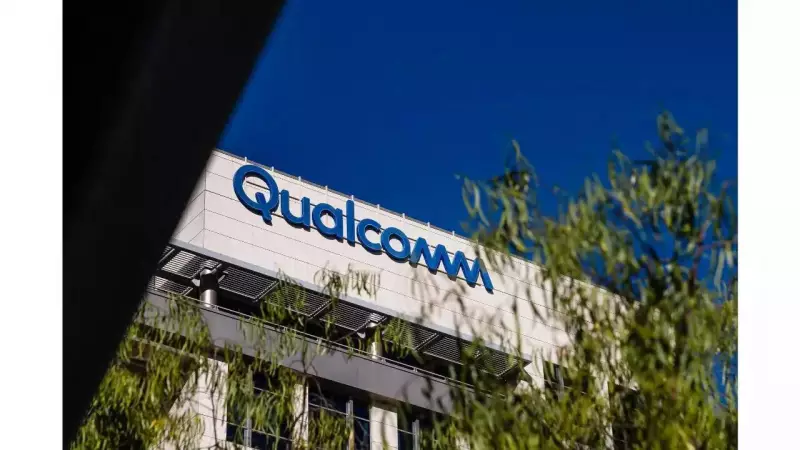
The artificial intelligence revolution has found its undisputed champion in Nvidia, whose spectacular rise has become the defining success story of the AI era. However, the semiconductor landscape is shifting dramatically as a powerful American competitor enters the arena, and financial markets are responding with enthusiastic approval.
The AI Chip King Meets Its Match
Nvidia's extraordinary journey from gaming graphics specialist to AI powerhouse has captivated investors and tech enthusiasts alike. The company's chips have become the essential engine driving everything from ChatGPT to advanced research laboratories, propelling its market value to astronomical heights and making it one of the most valuable companies globally.
But every king eventually faces challengers, and the AI chip throne is no exception. Wall Street analysts are now buzzing about the emergence of a credible American rival that could reshape the competitive dynamics of this critical technology sector.
Why Investors Are Smiling
The financial community's positive reaction to this development stems from several key factors:
- Healthy competition drives innovation: A competitive landscape typically accelerates technological advancement and potentially lowers costs
- Market expansion opportunities: Multiple strong players can help expand the overall AI chip market
- Supply chain diversification: Reduced dependency on a single supplier benefits the entire technology ecosystem
- Investment alternatives: Investors now have additional avenues to participate in the AI semiconductor boom
The Ripple Effects Across Technology
This emerging rivalry extends far beyond just two companies competing for market share. The implications reverberate throughout the entire technology sector:
- AI development acceleration: Competition typically fuels faster innovation cycles and breakthrough technologies
- Price competitiveness: Multiple suppliers could lead to more favorable pricing for AI hardware
- Global technology leadership: Strong American competition strengthens the United States' position in the critical semiconductor industry
- Startup ecosystem benefits: More options for AI hardware can empower smaller companies and innovators
What This Means for the Future of AI
The emergence of a serious competitor to Nvidia represents a maturation of the AI hardware market. Rather than signaling trouble for the industry leader, many analysts see this as validation of the enormous growth potential in artificial intelligence infrastructure.
"Competition doesn't diminish the AI opportunity—it expands it," noted one market observer. "When multiple companies invest billions in developing cutting-edge AI chips, we all win through accelerated innovation and more accessible technology."
As the AI revolution continues to transform industries from healthcare to finance to transportation, the semiconductor competition heating up between these tech giants promises to deliver more powerful, efficient, and diverse computing solutions that will fuel the next wave of artificial intelligence breakthroughs.
The Investment Perspective
Wall Street's optimistic response reflects a broader understanding that a competitive AI chip market is healthier than a monopoly. While Nvidia remains the dominant force, the arrival of credible competition suggests the market has room for multiple winners as artificial intelligence becomes increasingly embedded across all aspects of technology and business.
The coming years will likely see intensified competition, strategic partnerships, and technological one-upmanship as these semiconductor titans vie for leadership in what many consider the most important technology market of our time.





